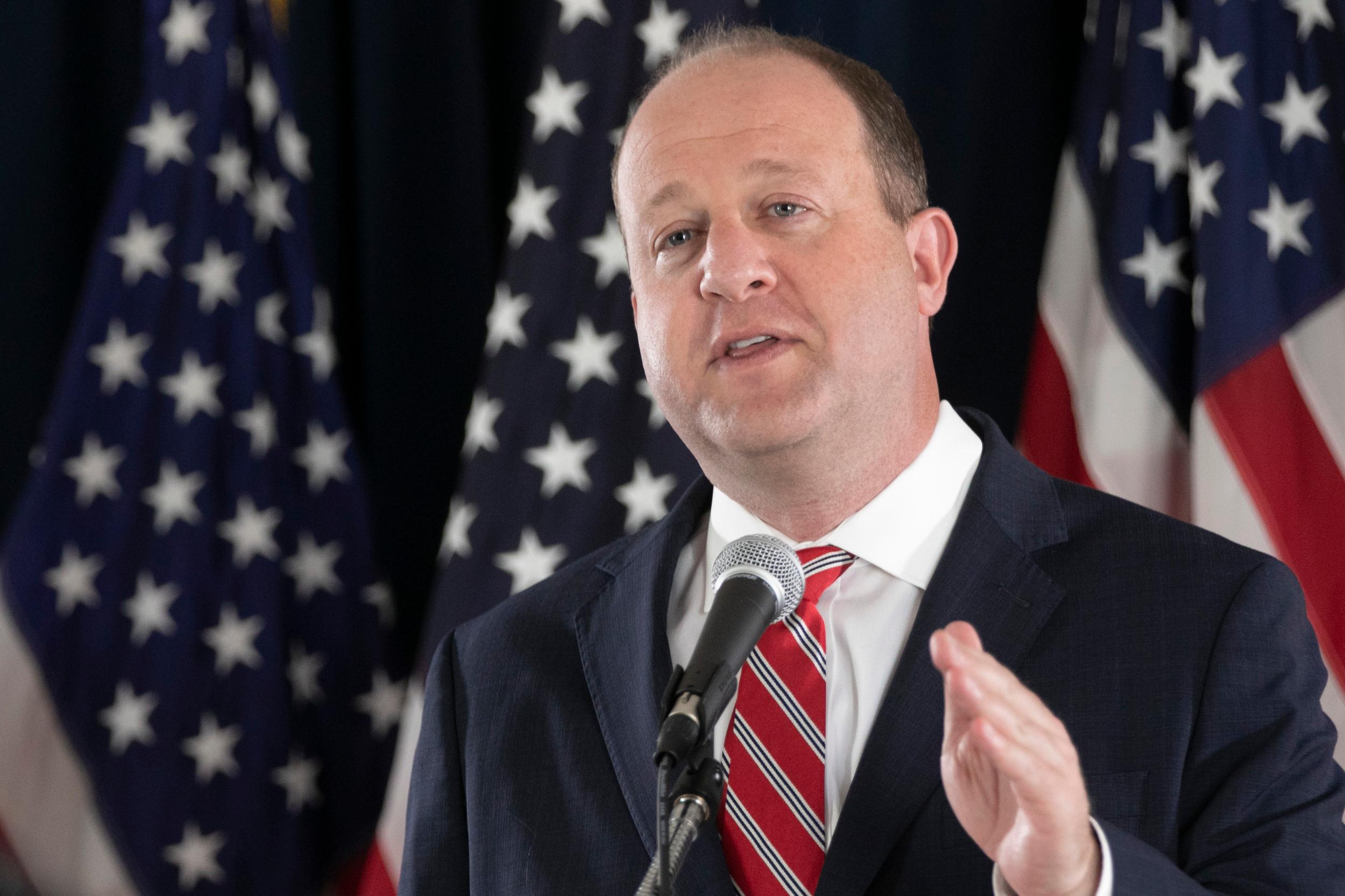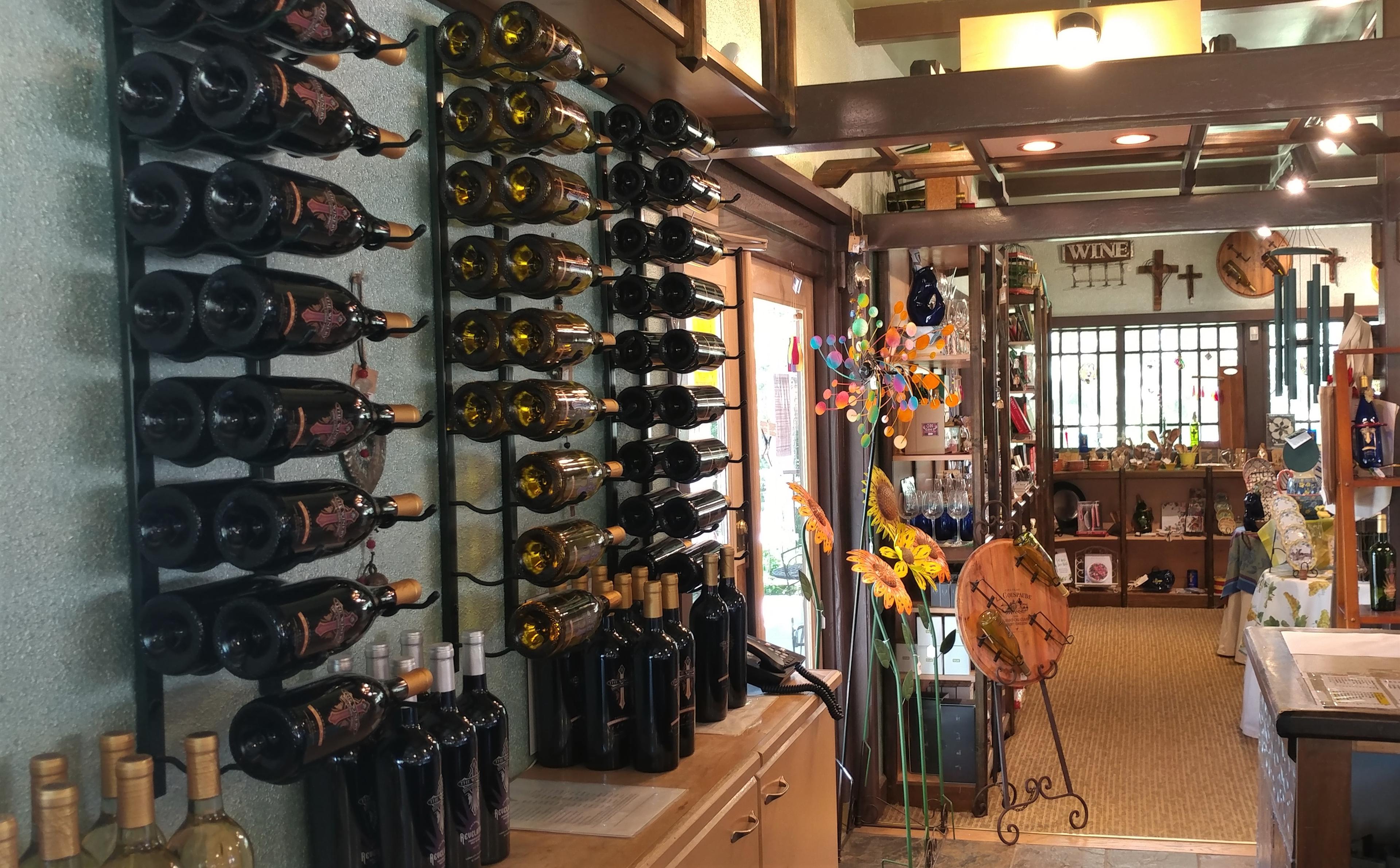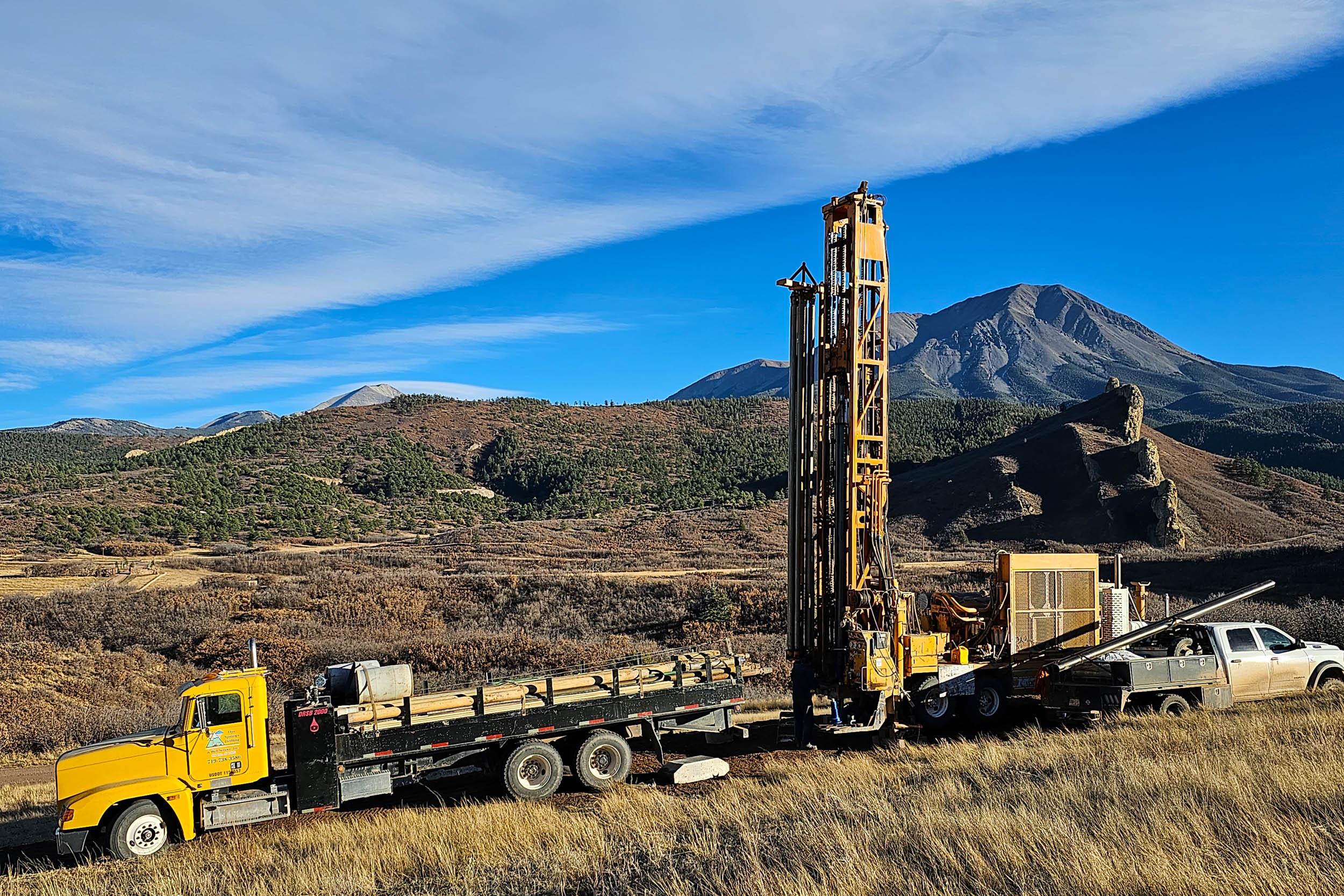
Gov. Jared Polis said Tuesday afternoon that, under statewide restrictions over the last two months, the exponential growth of the novel coronavirus in the state had “leveled out.”
There are now about 24,500 confirmed cases in Colorado and under 400 hospitalized, he said. So far, 1,088 have died of COVID-19 in the state. Some 1,340 people have died with COVID-19 in their system, a distinction that the governor has been making since the state changed the way coronavirus-related deaths are counted.
Earlier in Colorado’s COVID-19 crisis, each person was passing the disease to 3 or 4 people. People are now spreading at a rate of about one person.
Colorado is now testing anywhere from 4,000 to 5,000 per day, according to Polis. Last Friday the state tested the most it ever had -- 6,000.
Looking ahead, Polis said he expected courts might process some evictions in June -- suggesting he doesn’t plan to extend his executive order halting eviction processes.
He also said that it’s difficult to know what will happen in the months beyond, despite state modeling shared earlier on Tuesday that showed that Coloradans will have to maintain high levels of social distancing for months to avoid overwhelming ICU bed use.
“We’re not making decisions for August and September based on modeling, period,” he said. “We’ve tried, better than any of the other states, to at least try to show people what the next month looks like.”
He said that decisions about late summer and fall -- including those about schools -- would be made based on actual data available much closer to those times.
Polis said the state had ordered 6 million N-95 masks from Honeywell in a contract that spans 17 months.
The governor addressed the media from the carriage house of the governor’s residence in Denver.
On the same day that Colorado legislators returned to work at the Capitol, Polis laid out a few hopes he has for the legislative session.
He said he wants a loan relief program for small businesses, particularly those that were not able to get relief from the Paycheck Protection Program.
He also said he wants to bolster the state’s unemployment insurance program and make the temporary sick leave provisions under the Department of Labor more permanent.
“There should not be an economic incentive to go into work when you are ill,” Polis said.
Polis said he supports efforts to repeal the Gallagher Amendment -- a 1982 law designed to keep residential taxes low -- so it doesn’t put an additional tax burden small businesses. He said he does not want that increase especially for small business owners on main streets where communities are primarily residential.
He also said he wants to continue to make tele-health accessible even after the pandemic is over so Coloradans can continue to have access to reduced costs. Polis has done through executive order for the time being but he said the goal is for it to be state law.
Over the weekend, Polis told restaurants how they'd be able to reopen this week.
Restaurant owners must follow strict rules when they reopen their dining rooms. The governor released the guidelines on Sunday night, and on Monday announced that restaurants could resume in-person service by Wednesday.
Restaurants will have to keep a 6-foot distance between tables and limit party sizes to eight people. All workers must wear facial coverings. Restaurants should stop using tablecloths and use single-use versions or clean them between patrons.
Customers are encouraged to wear masks at restaurants and restaurants are supposed to provide customers a way to "sign in" to tell them if an exposure occurs. About one in ten Coloradans work in the restaurant industry, he said.
Polis said that to get above 50 percent capacity, restaurants can expand on their own property for outside dining and other areas with permission, and that working directly with municipalities will be critical as restaurants remain challenged.
"We want to waive every rule and regulation we can to get them through," he said.









